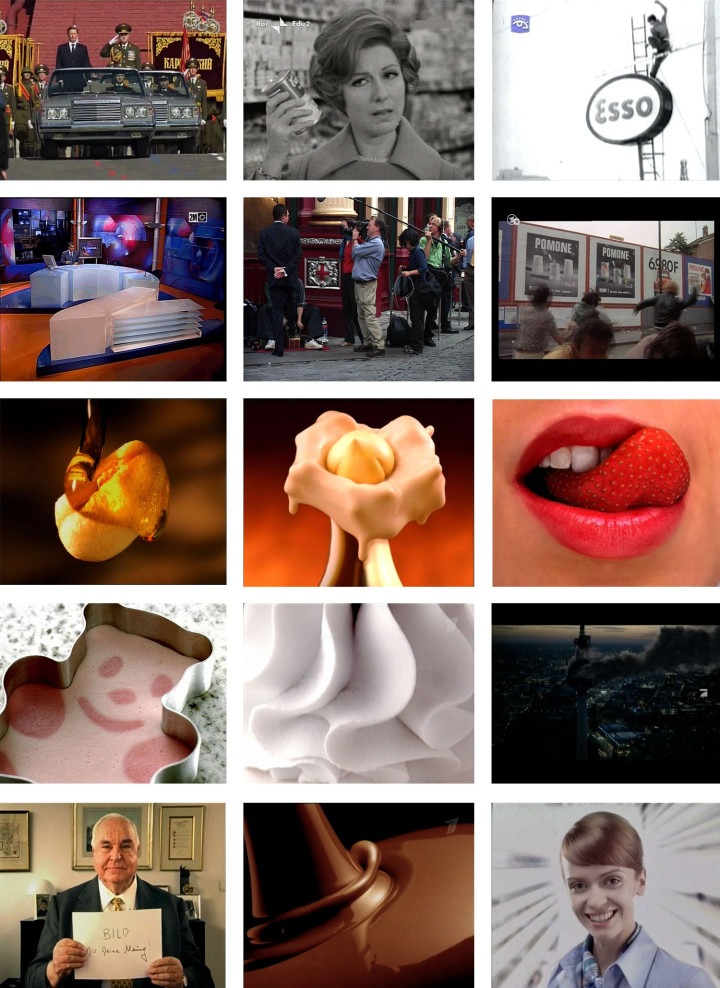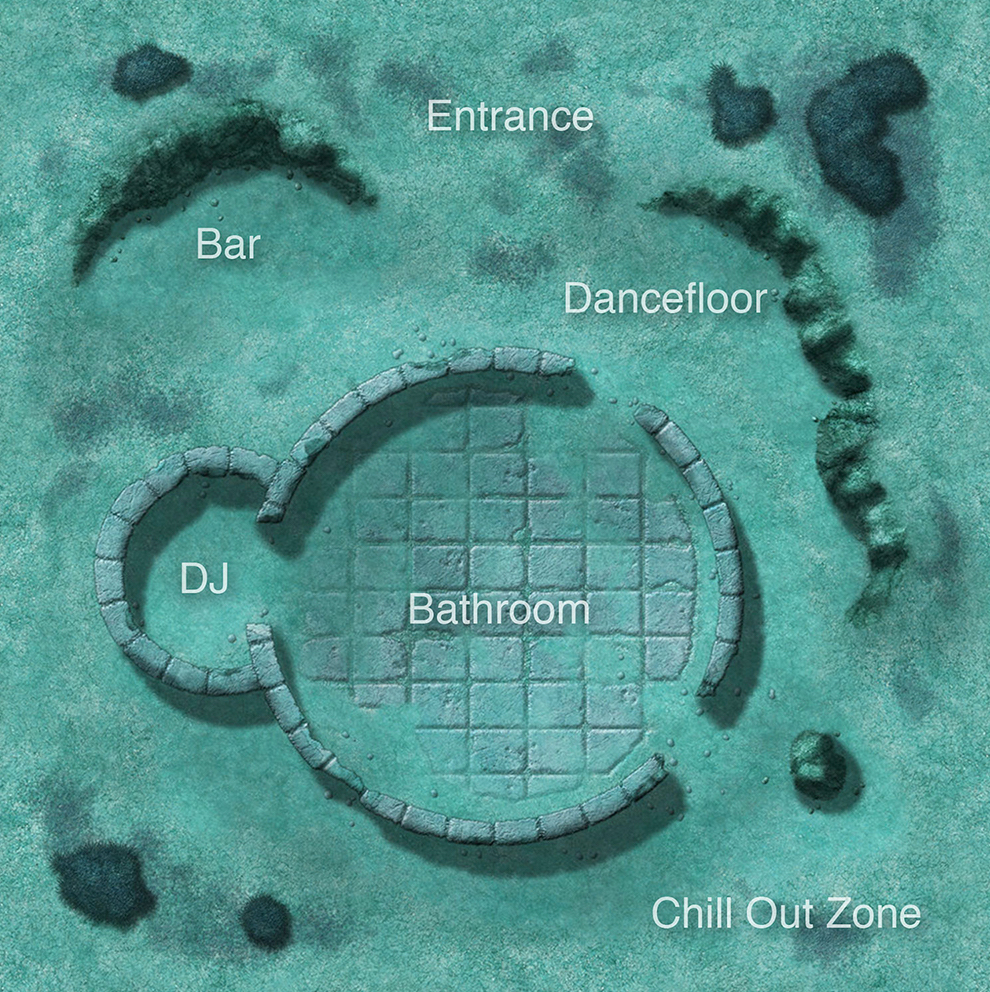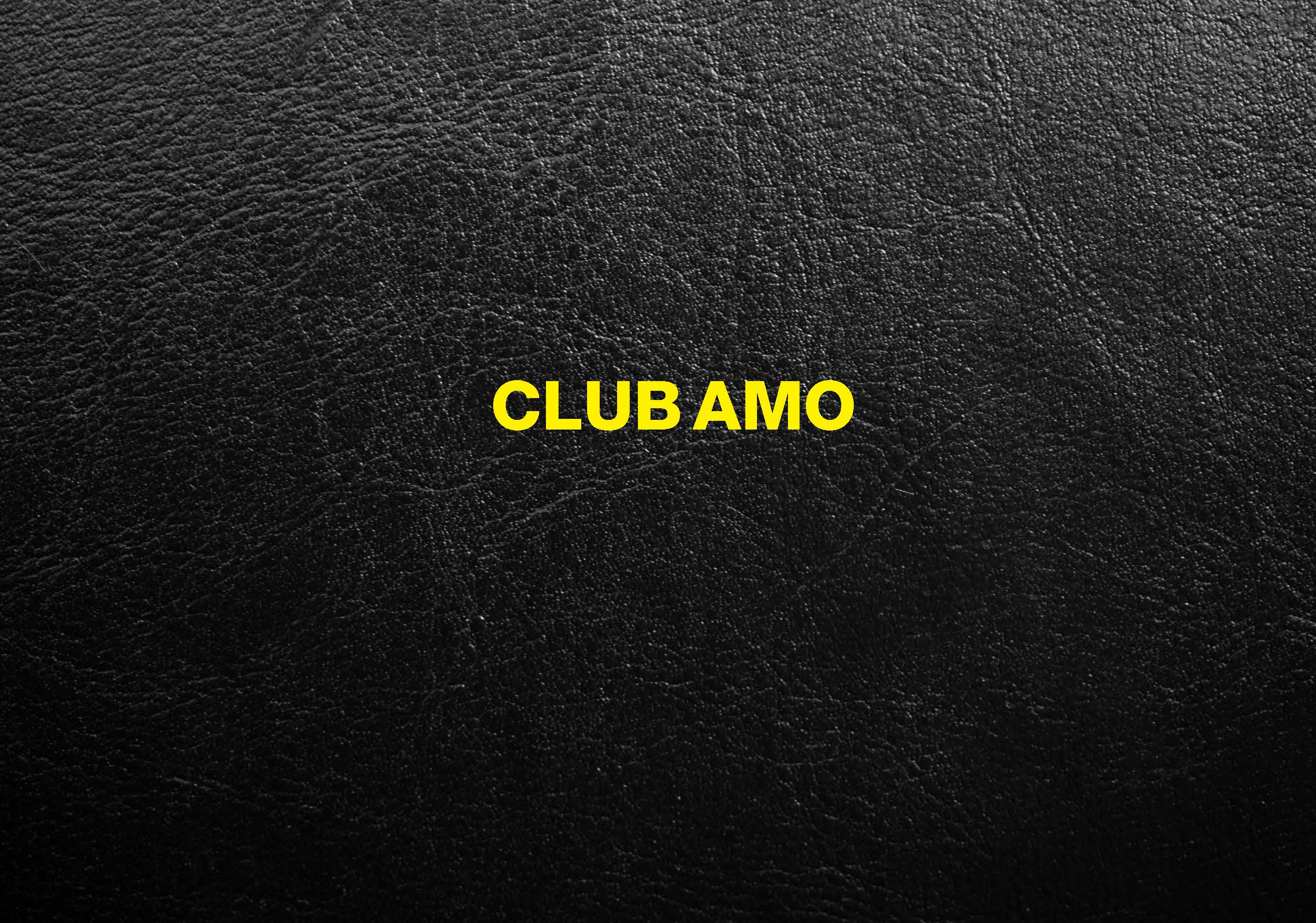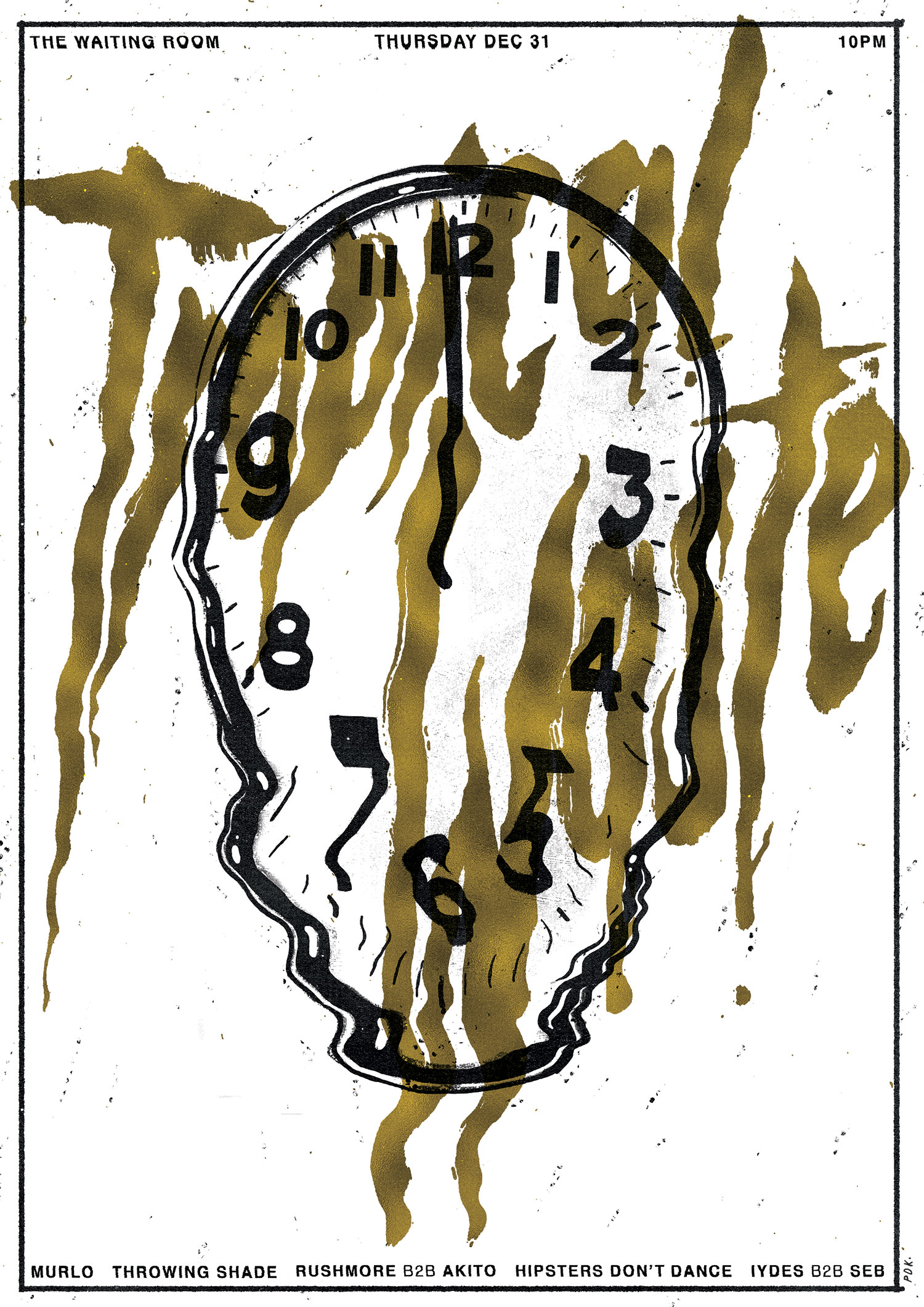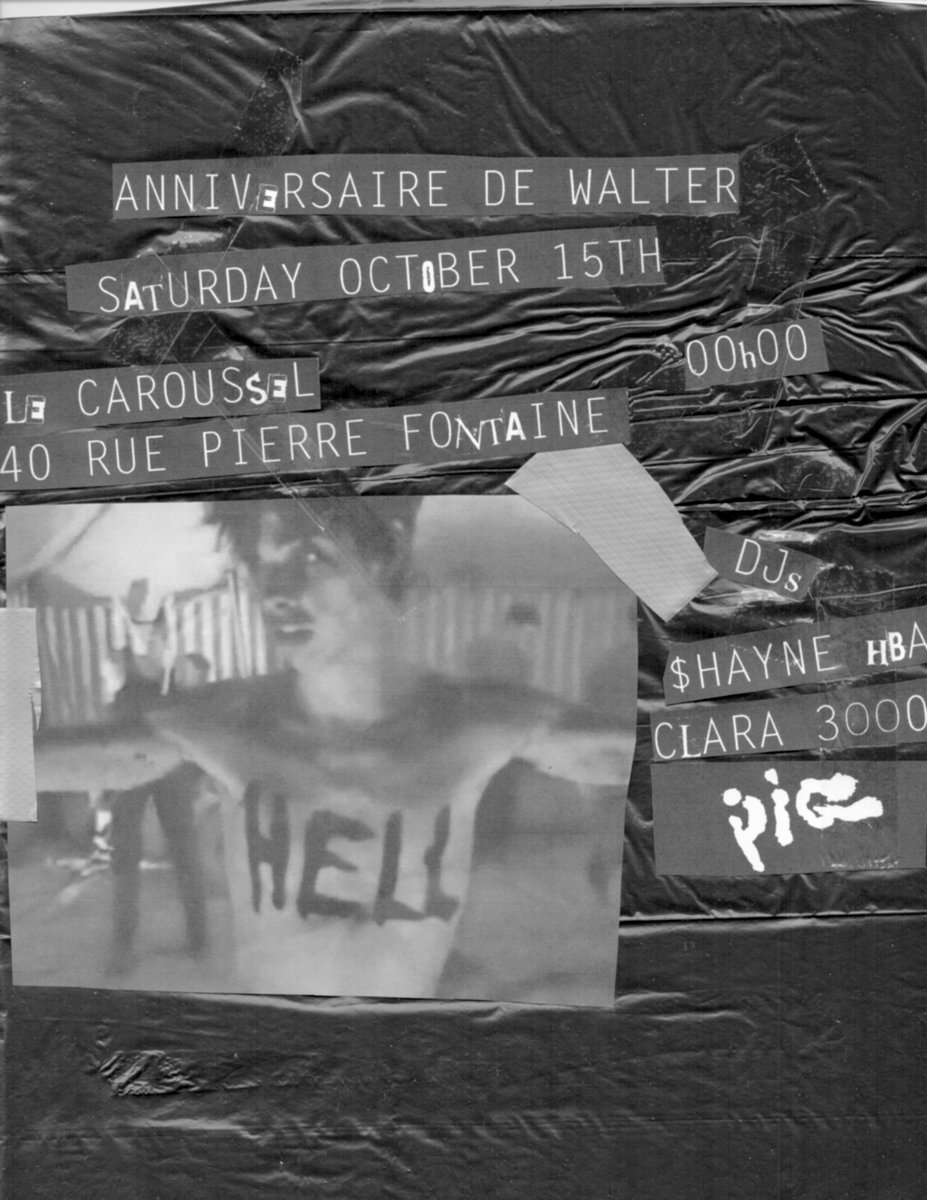 An Atmosphere needs a room. A room is a strange concept. In fact, to create an A today there is not only a problem with room, but also with time. Time is an important influence on room, especially on A room. Only time can give a room character. It manifests through its traces. There are probably traces on a quark. There is no difference between existence and trace.
An Atmosphere needs a room. A room is a strange concept. In fact, to create an A today there is not only a problem with room, but also with time. Time is an important influence on room, especially on A room. Only time can give a room character. It manifests through its traces. There are probably traces on a quark. There is no difference between existence and trace.
Room
Like H.B., the living room is an animal that appears at well-chosen, precisely fitting places, at exact times according to its mood. There are as many Atmospheres as there are gatherings of beings. There are no two Atmospheres alike. You can neither deceive an A, nor can you fake one. Nobody remembers chill-out zones.
Passed on by so-called education, kitsch imagination dominated the perception of musical architecture in general, errantly administering the idea that music itself could create an Atmosphere. Dumb alcohol-related folklore values conceived for a citizenship with connotations of supremacy. This is the combat against human fantasy, other than by obvious media information bombardment.
Nightlife
Clubs are a little mirror of society. Enough said.
Nightlife is first of all the opposite of Daylife. It used to be a getaway from everyday hell. Today the clubs are almost there: a continuation of a functional, veneered and conventional world-cultivating isolation and accumulation rather than togetherness and substance. Bars or clubs signified a home for a lot of people who were outside of society — to put it mildly — tired of the functional relationships in Daylife and noncreative work itself. They established over the years a sustainable, strong counterculture to Daylife with its own infrastructures. This culture was strongly inclusive. Exclusivity came only with a prosperous counter-counterculture, supported by media. Least but not last at least the people who fled Daylife stayed aware of their original impulse.

Due to its criminalization, Streetlife suffered a creeping privatization in becoming Nightlife. Both had roots in precariousness and were a way for the poor to participate in a society based on money and conventions. There were no wealthy people because everybody was accepted equally. There was no interest in wealthy people. They were busy trying to save their possessions and stay on top. Feelings of any kind (not self-generated or invented emotions) or simply openness to people or situations constituted a threat, which is the root of any security policy.
Nightlife became a burden to the industry, as a commerce-free alternative culture to the market day. They developed initiatives to regulate and infiltrate its commercial structures. Finally, the arbitrary non-smoking law saved a little health, more for health insurance but primarily the constitution of the industry. It destroyed Nightlife in most cities. Nobody seemed to notice or know. Berlin’s exemption to the rule was its biggest asset. After the chaotic transition of reunification, leaving a big Nightlife infrastructure as a created fact, Berlin’s government allowed clubs with a strong policing system to carry on, with strict legal obligations. Other clubs were closed under threadbare pretenses. The remaining turned into totally insignificant, paranoid drug venues.
If you go to a club today, what you will find is the remnants of decades-long Hollywood violence conditioning, state repression of youth culture and the instatement of security policing as authority-acceptance therapy. In most clubs, bouncers expect you to be submissive to them, prior to any admittance.

Significance
- Existence against measurement. There it was. It came, stayed, painted the room, moved along. In a room a hundred strangers, different origins, loud music, expedition encountered details so clear, jumbled mess, shining dirt, preceding love situation, puf, disappeared, room disappeared, people disappeared, state of total timeless silence in the not-nothing or something. Maybe at one lucid moment everybody tried to avoid, one may have discovered its absence, but this was in the end again a subjective impression that nobody would have emphasized if ever the observation only took place. The objective was — and it didn’t make a difference — to end the end in total empiric chaos, in an alone that is together, in a dreamlike state ending on awakening. Experience possible only in a free room (rent and surveillance free) with minimal infrastructure. Rules, hierarchic structures, narcissism or hatred excluded, the blossom of:
Minimalism
Plain life. The solution.
Liberty
Clubs or even bars should be about a quest for and research about Liberty. Liberty, which has never been given; it has always been obtained through struggle. Nightlife is a culture of Liberty. Every culture of Liberty sooner or later gets attacked by the law. There is no institution for it. Most of the involved establishments are, however, far from accepting their responsibility.
Next
Grill Royal Syndrome / Freedom as anecdotal concept / Cops / Goodbye Internet / Thanks God (?), Nature doesn’t talk / Simone de Beauvoir for kids / All writers with B / All Bands with C like Cabaret Voltaire / Stanislav Lem.

